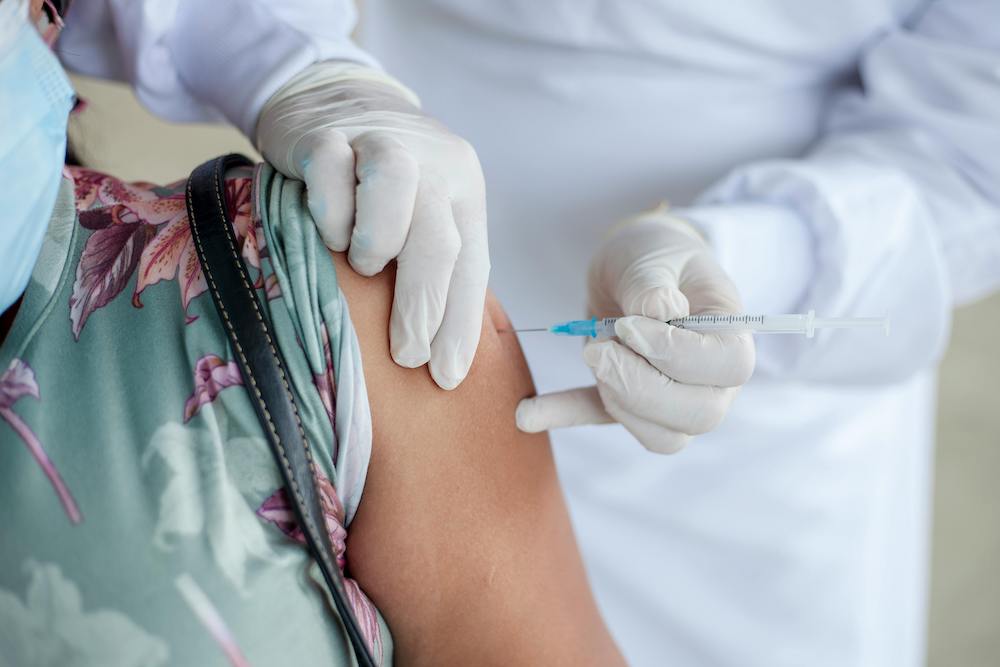
22 Jul Hepatitis B and Pregnancy: What To Know
9 out of 10 pregnant women with acute Hepatitis B infections pass the infection on to their babies.¹
In many regions of the world, viral Hepatitis infections are common. Some people become sick from the infection while others do not. Without screening, many people do not know if they carry the infection or are passing it to their families and communities. This is why July 28th is celebrated as World Hepatitis Day; a chance to bring awareness to the disease, its prevention and treatment.
This information is especially important for pregnant people and their newborn babies.
There are 6 known types of Hepatitis viruses, with vaccines available for Hepatitis A and B. Each virus has a preferred way to spread from person to person, but for the purposes of risk to pregnant women, we’ll focus on Hepatitis B. It is one of the most common and potentially serious infections during pregnancy.
Hepatitis B is spread through contact with an infected person’s bodily fluids (vaginal fluids and semen), blood, and mucous membranes (open wounds, saliva). People who are at greatest risk for Hepatitis infections are those who were born or have parents who were born in regions of the world where Hepatitis infections are common. Also, having multiple sex partners, IV drug use, and sharing household items such as toothbrushes and razors with infected people puts you at increased risk for infection.
What is the Risk of Hepatitis to My Baby?
Viral Hepatitis infections can cause liver damage, liver cancer and sometimes death. The best way to reduce risk to you and your baby is to know your status.
Get screened for Hepatitis infection early in pregnancy, regardless of your vaccination history.
A positive or negative test will not affect how you give birth!
If you’re positive for Hepatitis infection, you can prevent transmission to your baby by getting treatment during pregnancy (Hepatitis B immune globulin). Your baby will also get this right after birth, plus a Hepatitis B vaccine.
If you’re negative for Hepatitis infection, help your baby avoid future possible infection and health problems by getting him vaccinated after birth. If you give birth in the hospital, Hepatitis B vaccine will be offered to your baby within 12 hours of birth. For full protection against the disease, three vaccines are needed. You’ll need to follow up with your baby’s pediatrician for two more vaccines between 1-2 months and 6-18 months after.
Hepatitis B (and many other Hepatitis viral infections) are not curable. The best way to avoid infection is to vaccinate and follow healthful lifestyle behaviors to reduce your risk.
REFERENCES:
- American College of Obstetricians and Gynecologists (ACOG). June 2021. Hepatitis b and c in pregnancy. https://www.acog.org/womens-health/faqs/hepatitis-b-and-hepatitis-c-in-pregnancy
- Centers for Disease Control (CDC). February 2022. Perinatal transmission. https://www.cdc.gov/hepatitis/hbv/perinatalxmtn.htm
- Photo by Frank Meriño: Person Getting Vaccinated. https://www.pexels.com/photo/person-getting-vaccinated-8488619/



